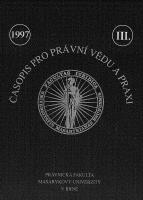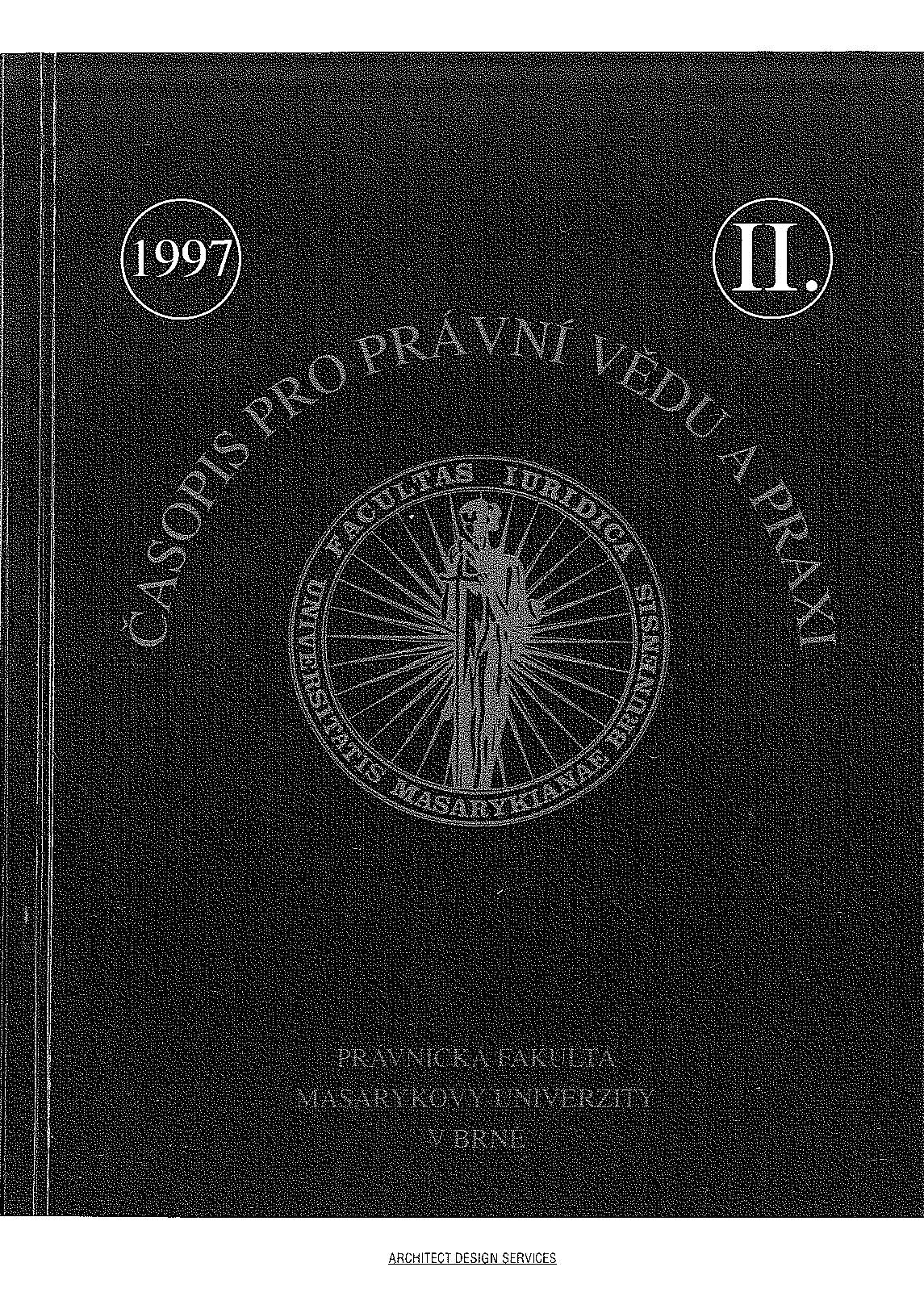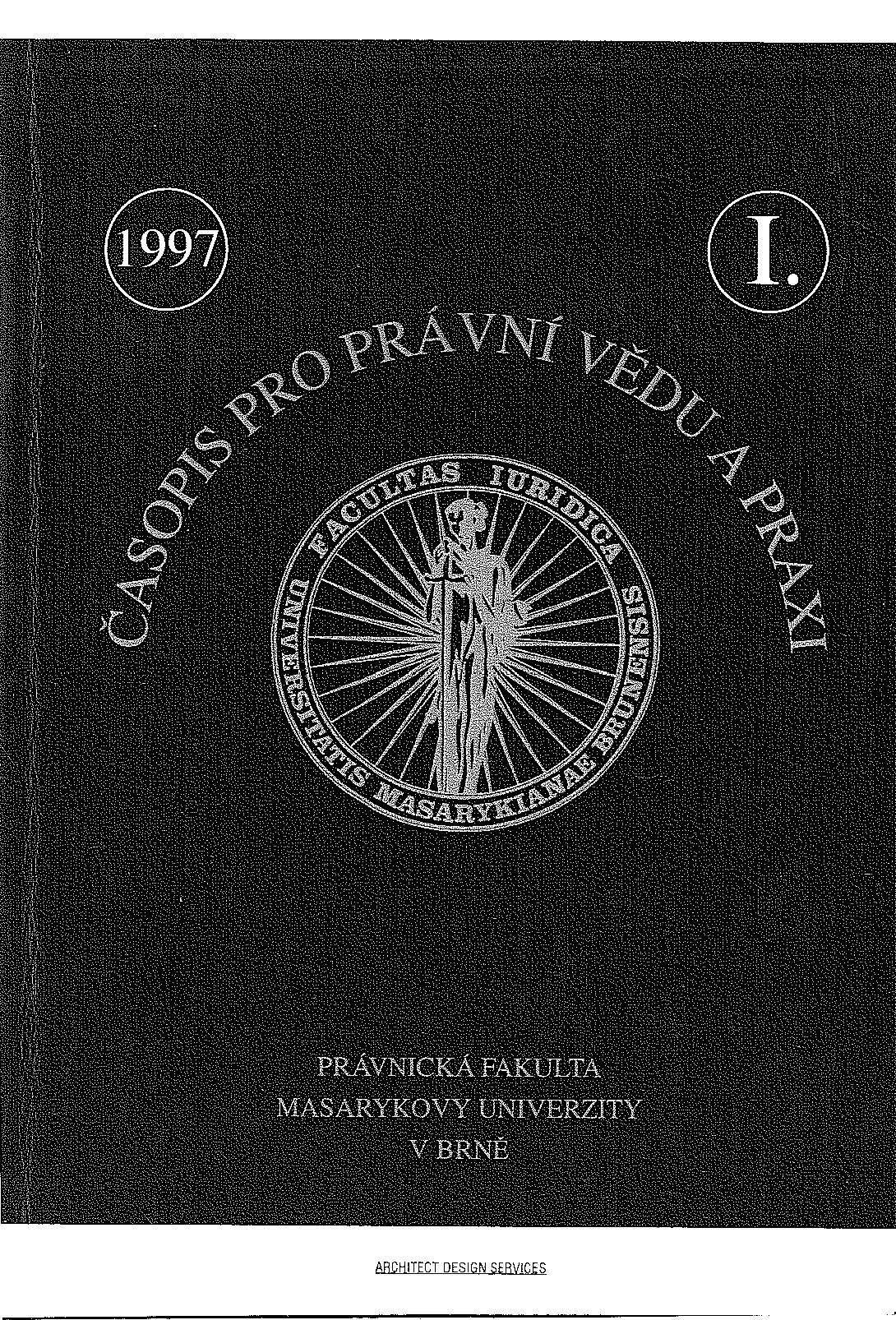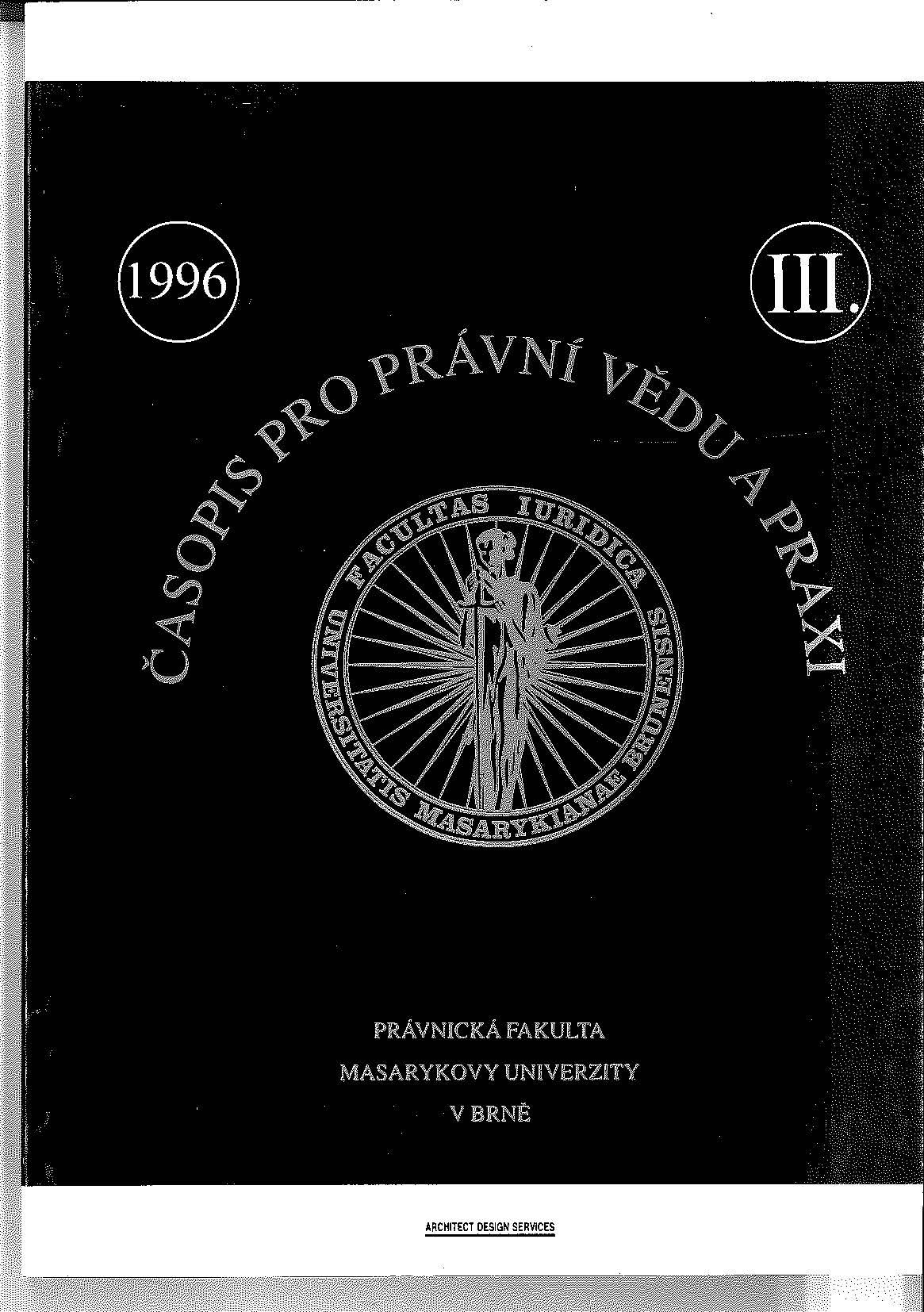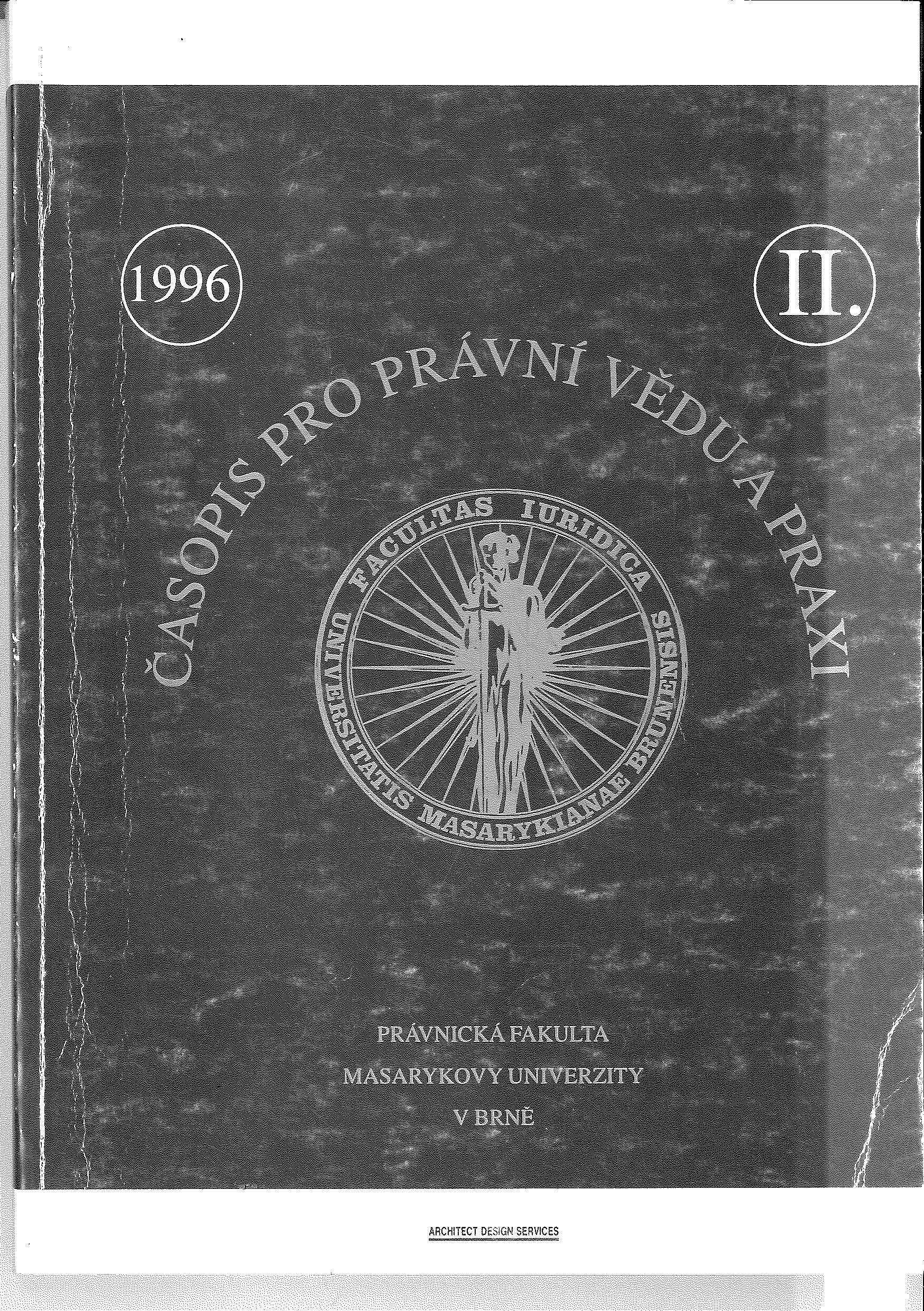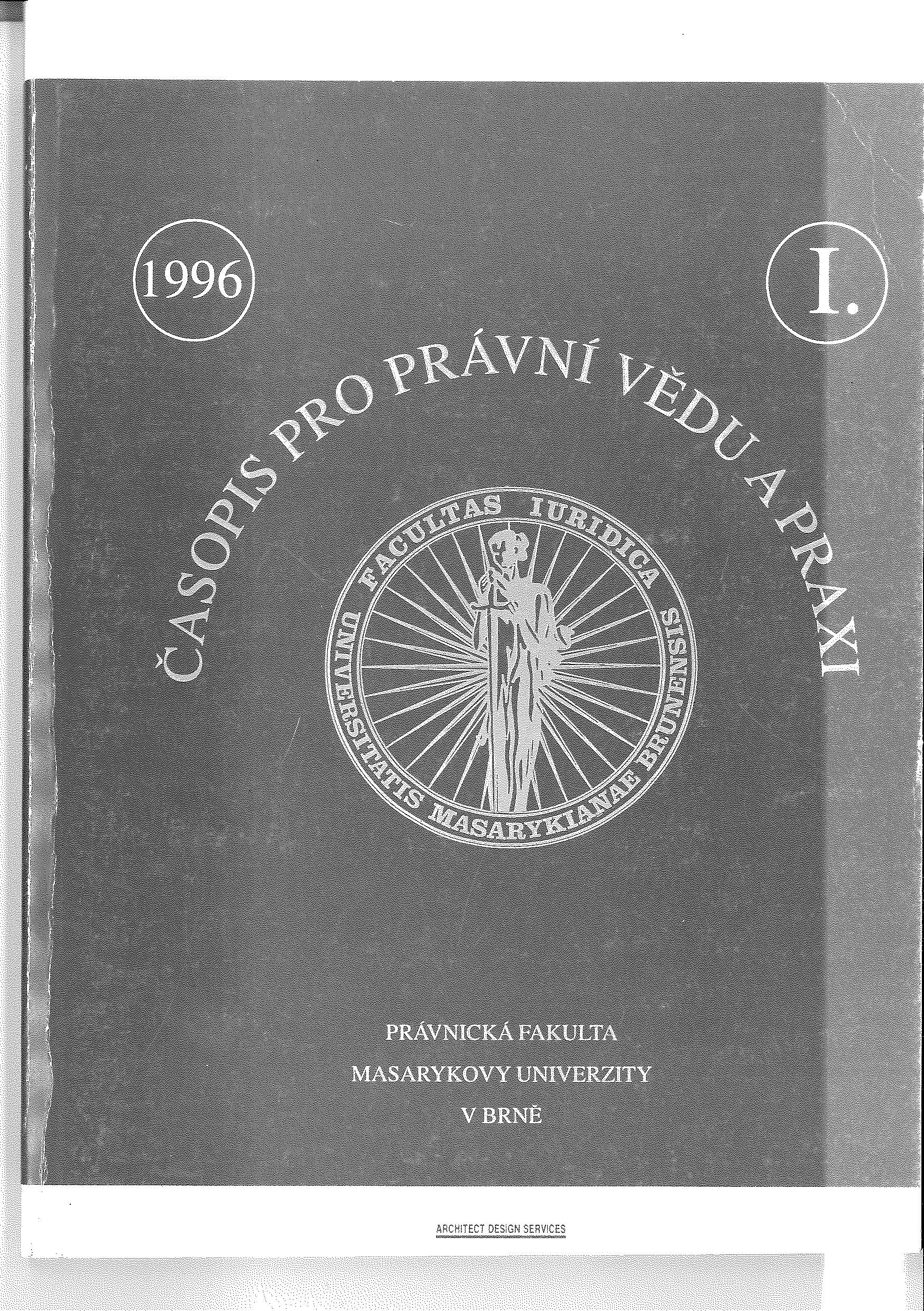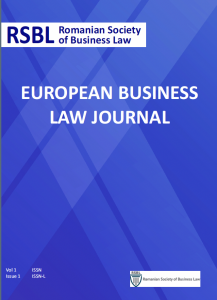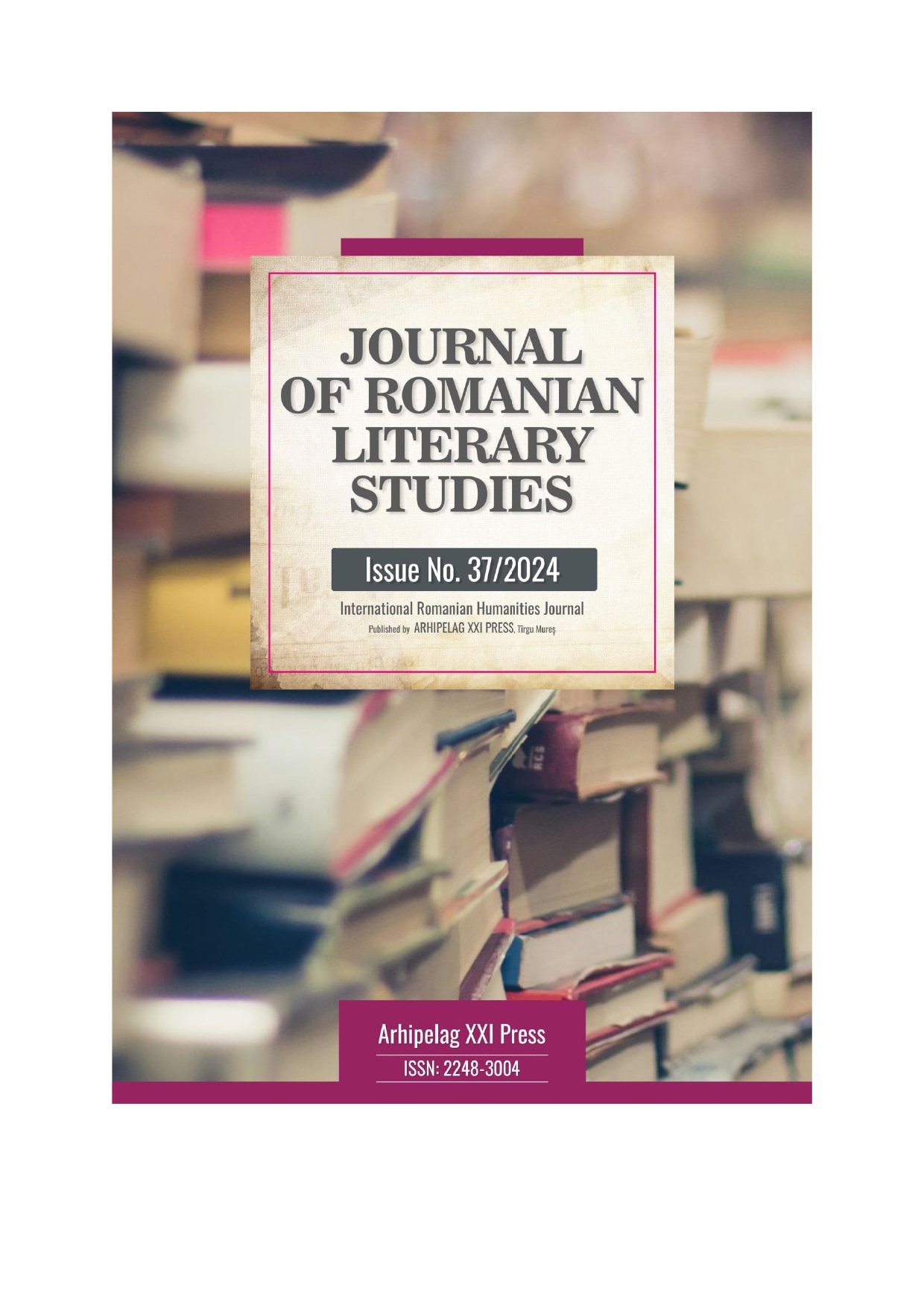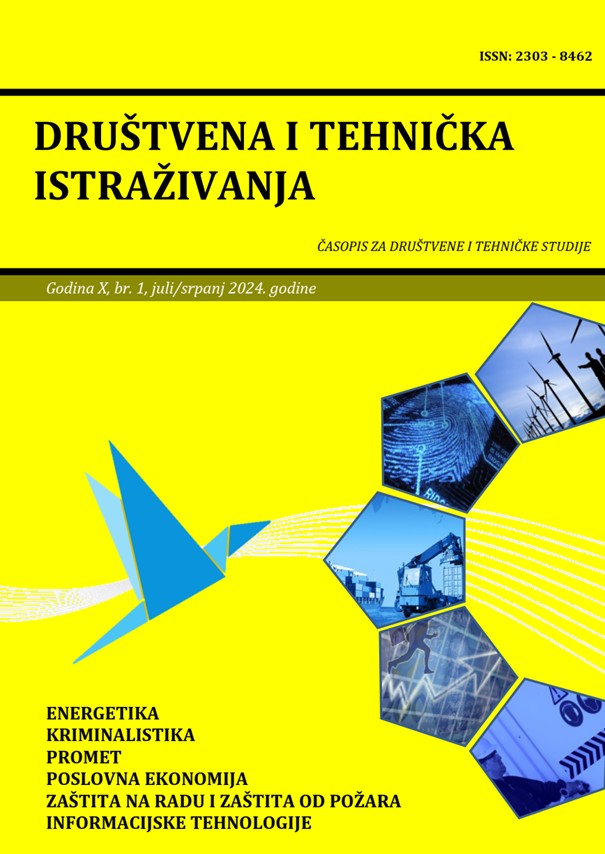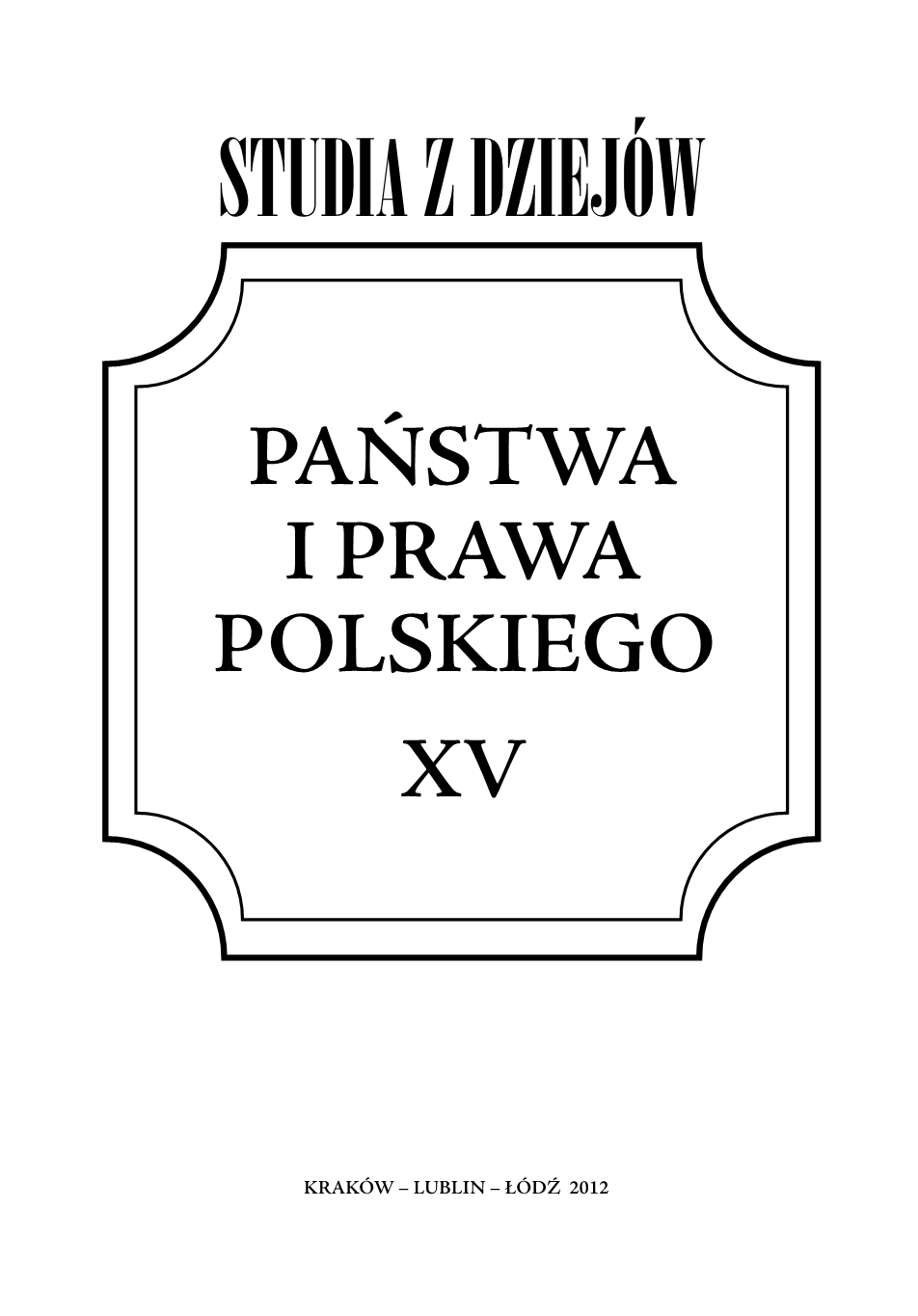
Realizacja prawa do polemiki naukowej
Regulations do not specify the conditions defining the right to scientific polemic for the author of a reviewed publication. No answers are found in press law, recently significantly amended. Due to the lack of norm-setting standards, no more than comparisons can be made between the position of a person intending to react to press publications and the author of a scientific publication. The press law abandoned the formula of an answer (odpowiedź), remaining content with correction (sprostowanie), which may refer only to facts, and not to evaluations. Both a review (reviewing article) (recenzja (artykuł recenzyjny)) and the answer to it may provide grounds for conflict with criminal or civil law; many reviews are of strongly critical nature. Emerging from the passion of a polemic is the danger of slandering the opponent, or tarnishing their good name. In recognition of the countertype of “the right to scientific criticism”, not ensconced in the acts of law, Polish courts, however, consider whether the right was not abused by personal hints about the other party of the scientific dispute. In such circumstances, a threat of sentencing from the Art. 212 of the Criminal Code becomes real. The verdicts of the European Court of Human Rights in Strasbourg in the matter are quite to the contrary. In one of the cases, Strasbourg judges pronounced that using criminal law in the context of scientific criticism must set a profound challenge to the freedom that researchers should use as part of their scientific work. Releasing from criminal responsibility, these rules should also be transferred to the premises of civil law, in reference to the Art. 23 of the Civil Code that envisages liability for injuring good name or reputation of another person.
More...
